You like food, you like wine, but you have no idea how to match wine with food? Sometimes the simple option is to just ask the waiter but 1) they don’t always know, and 2) they will probably want to sell you the most expensive wine on the list. The most commonly quoted adage about wine with food is that red is for red meat and doesn’t go with fish. This is old hat. There are so many wines to choose from that if you want to drink white wine with steak, you can – you just need to know how to match wine with food. Here’s a crash course!
1. What do You like?

If you are wondering how to match wine with food and don’t know where to start, begin with a wine which you enjoy. This principle works best if you drink before or after your meal, and not necessarily with the meal itself.
2. High Acidity is Positive
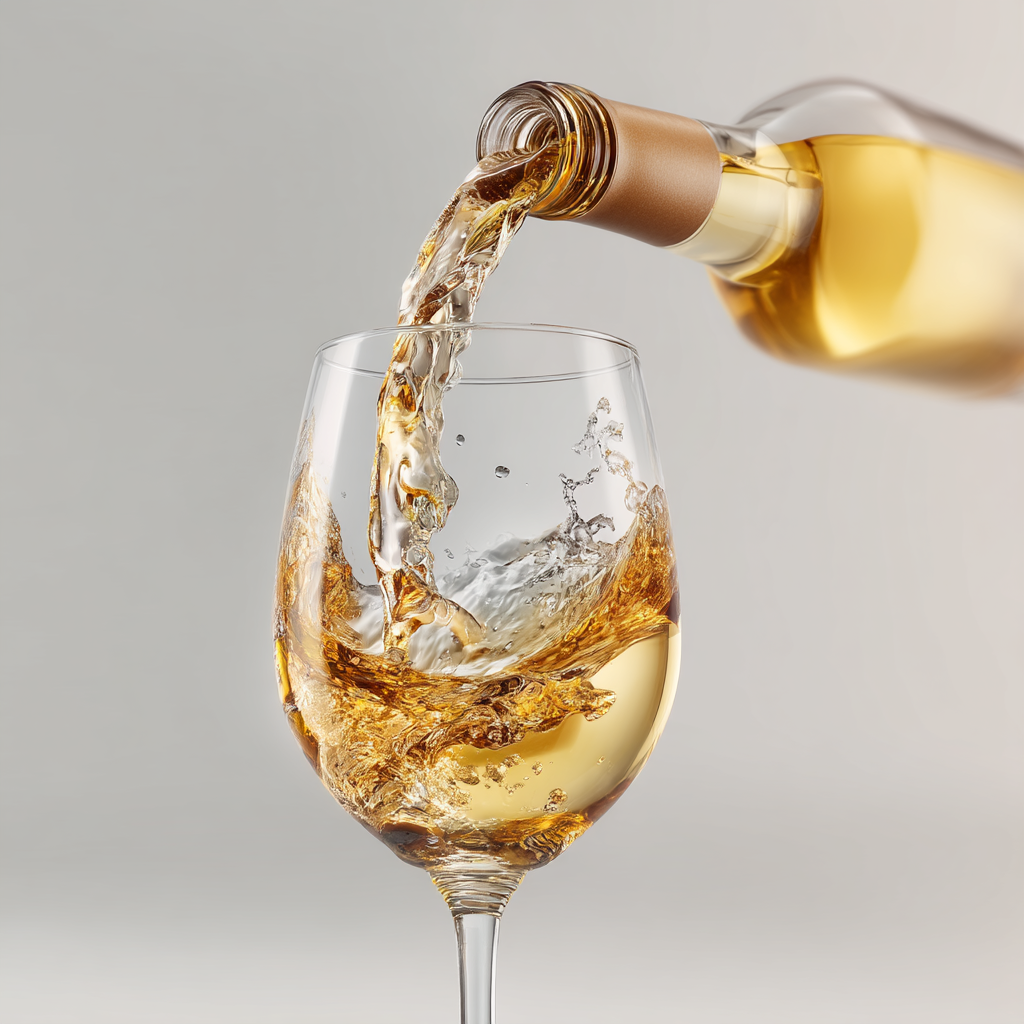
While you may not like a highly acidic wine as your drink of choice, when you are trying to pair wine with food, then you should try and find something with a fairly high acidity. Why? Because a highly acidic wine will mean that you want to eat more; the more you eat, the more you will drink. Think of a highly acidic wine as providing you with a pleasurable merry-go-round of wine and food.
3. Match the Food’s Weight with the Wine

If you are eating a delicate food, such as a salad, then you will want to have a delicate wine to complement the meal. With a bolder or spicier meal, you may want to enjoy a fuller wine rather than something light. Don’t limit yourself to red wine with red meat, and white wine with white meat – the body and fullness of the wine is far more important than color.
4. The Origin of the Food
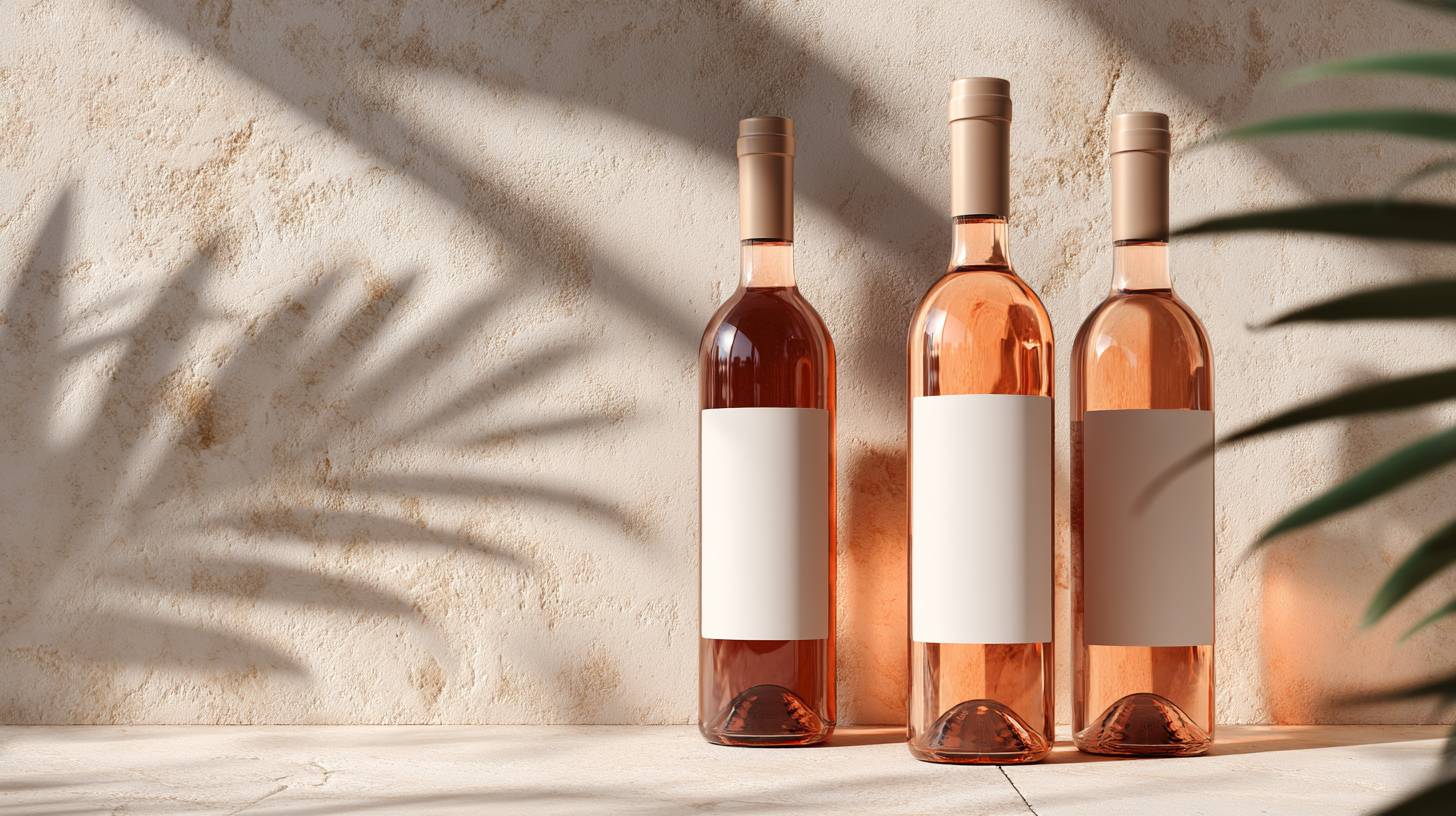
You will generally find that foods and wines like to be at home with each other – if you are eating Spanish food, opt for a Spanish wine. It may not always be the case (and don’t take this rule as gospel), but as a general rule, foods and wines from similar regions will work well together.
5. Use a Versatile Wine
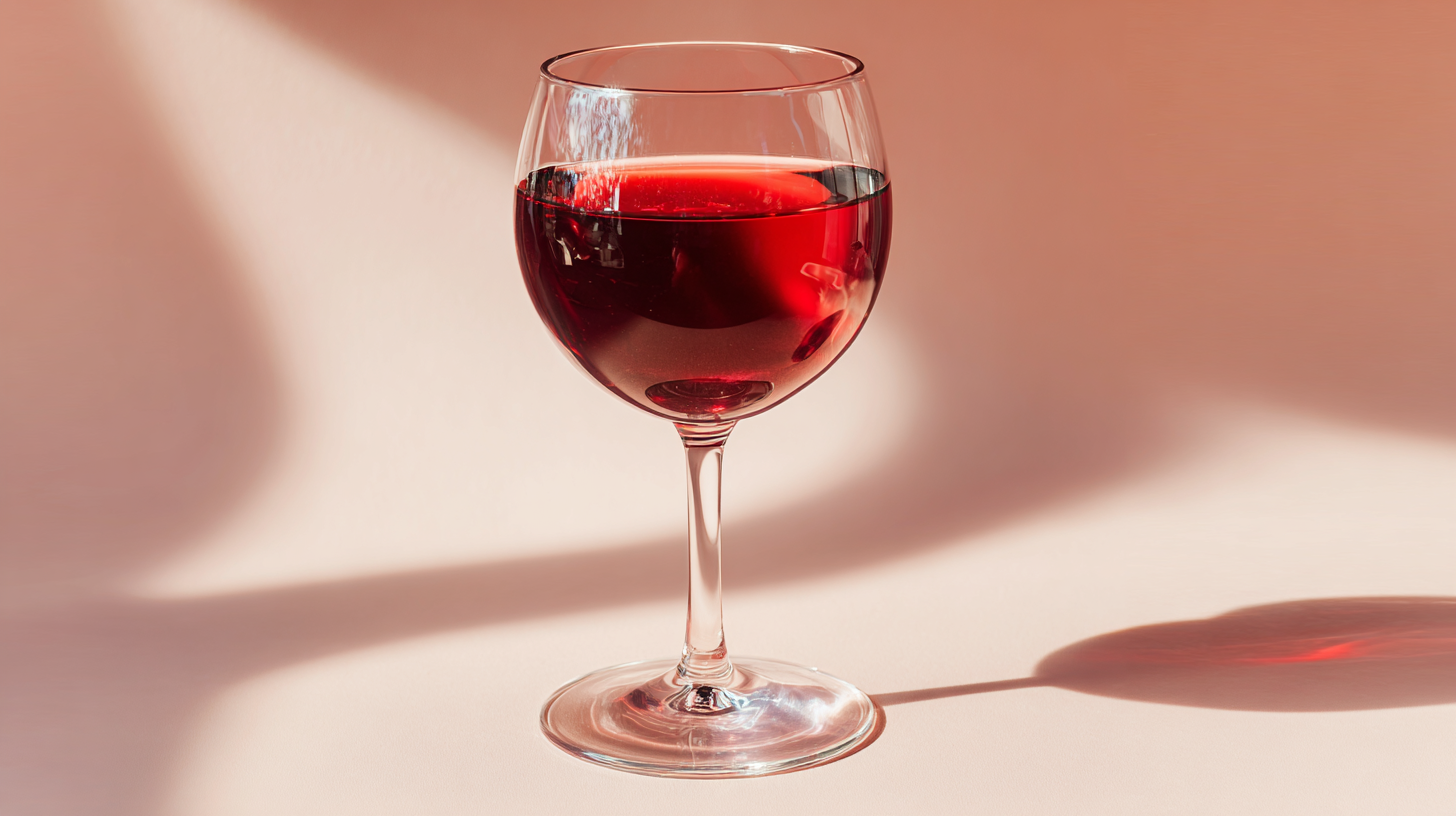
If you aren’t interested in spending hours searching the internet for how to match food and wine, then you should simply resort to a versatile wine which will go with a variety of flavors. A Rose, Zinfandel or Italian red are versatile, or else any wine with a high acidity will work well with most foods. It may not be the perfect match, but you will find yourself with a much easier job.
6. Have a Single Focus: Food or Wine?
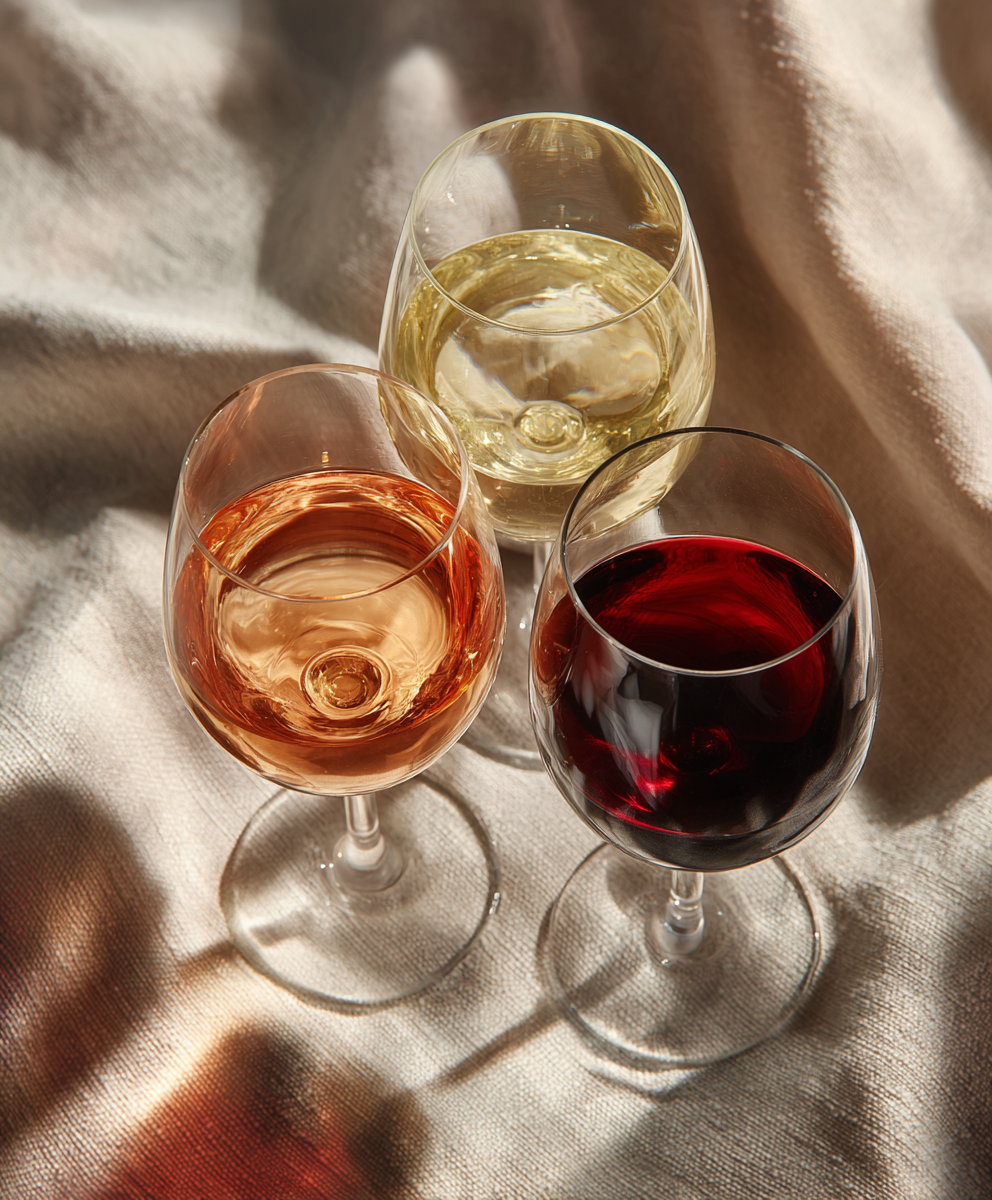
If you are throwing a dinner party, try not to overload your guests with a fantastic wine and a wonderful meal. If there is one course which you are proud of and want them to savor, then use a less intense wine; similarly if you want them to focus on the wine, serve a less stunning course, so that the two are not competing. They should be complementing each other, not competing.
7. Spicy and Salty Foods Pair Well with Sweet Wines
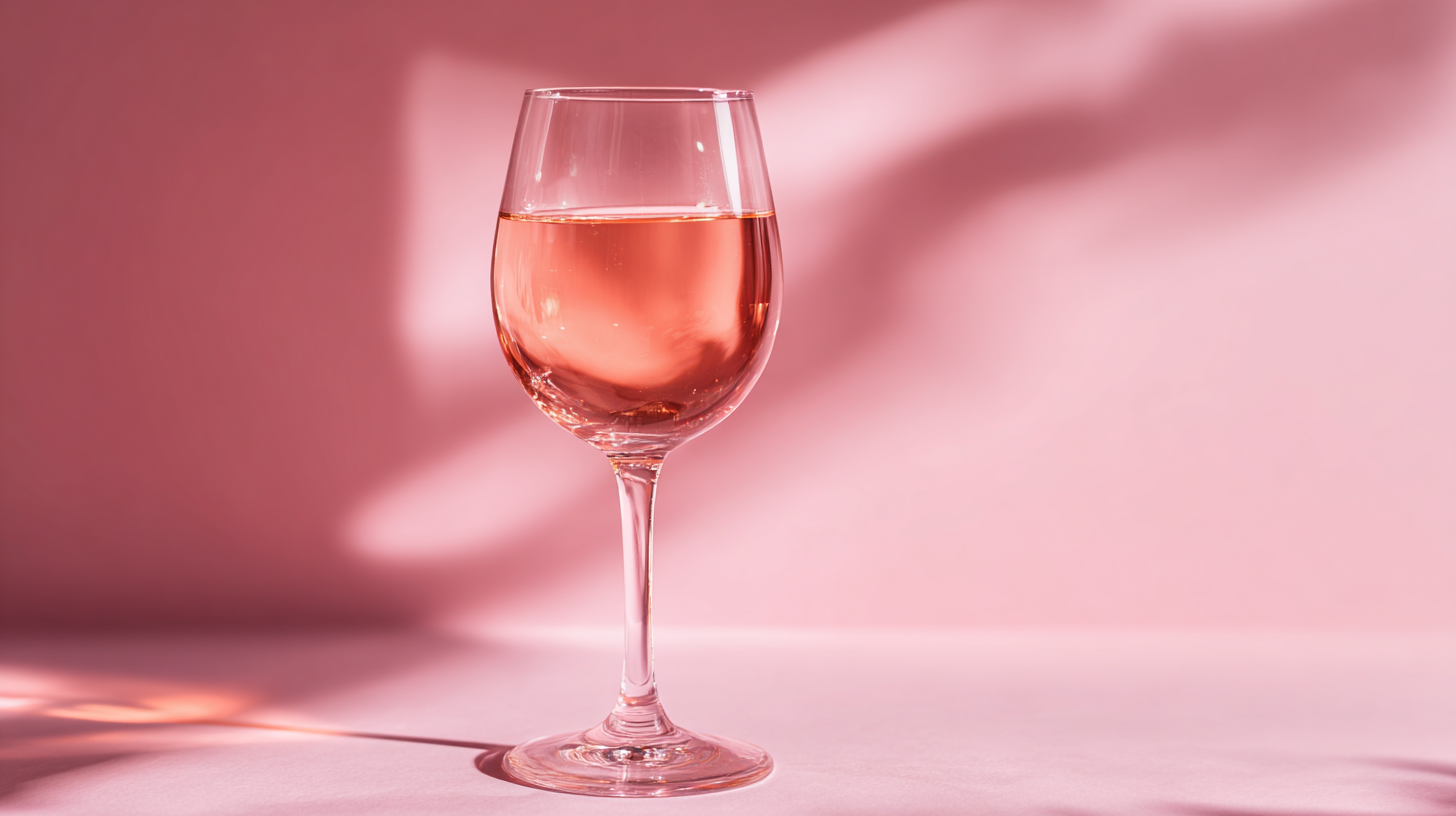
Sweeter wines will cut through a hot meal, soothing the palate, while providing a good counterbalance with saltier foods. Typically, salty Roquefort cheese will be served with French Sauternes, for example.
8. Avoid Oak

One of the basic tips for how to match wine with food is that if you are not confident with making pairings, then stay away from wines aged in oak. Oak wines are harder to pair because of the flavor changes, so stick to un-oaked wines.
9. Desserts
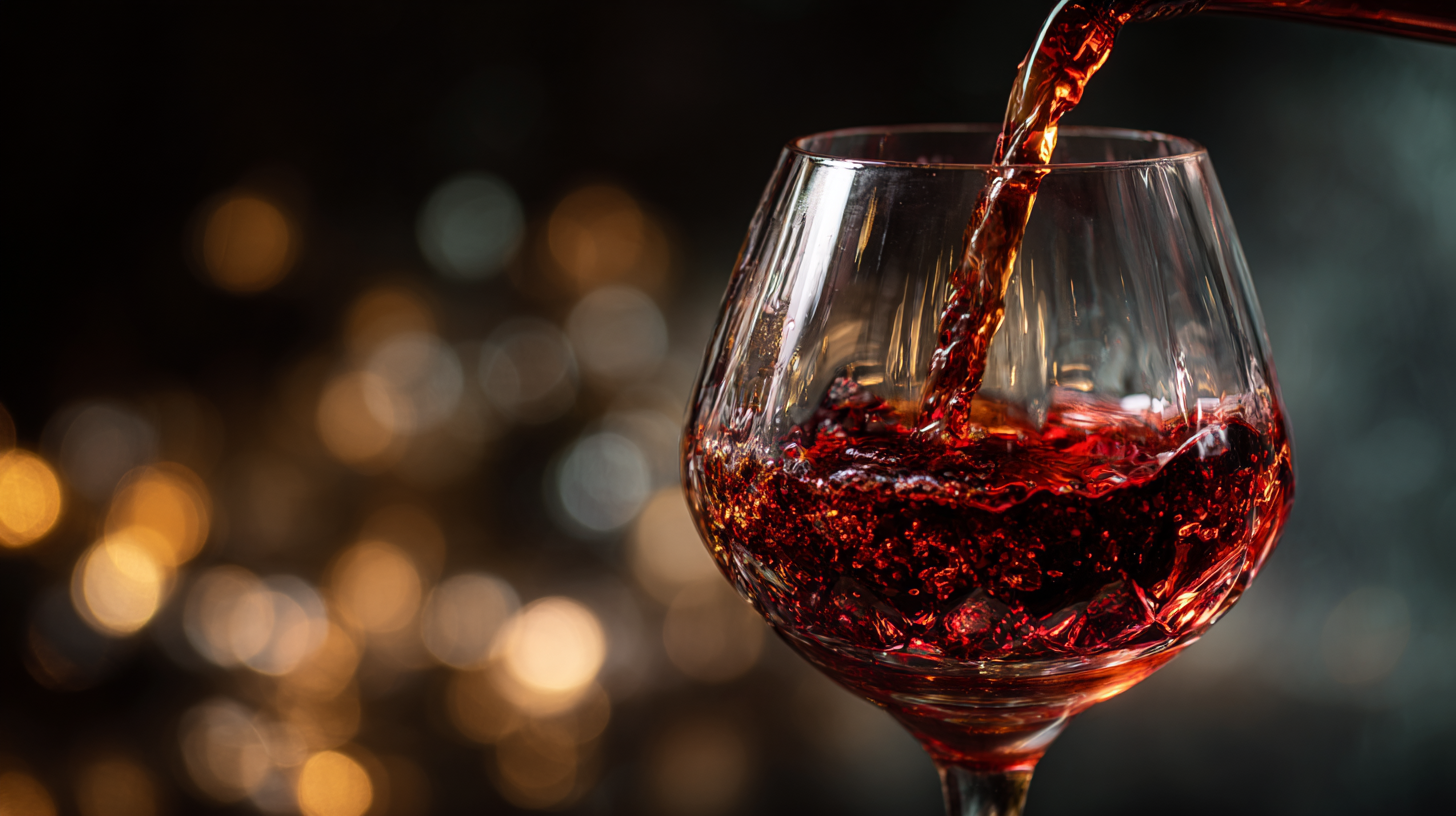
Don’t forget about desserts! As a general rule, when you match wine to desserts, the wine should always be sweeter than the dessert; port complements dark chocolate very well, and makes a nice end to a meal. The dessert and its wine may well be the last thing your guests eat at your dinner party, so make sure that you put enough effort into choosing an adequate combination!
10. How is the Food Prepared?
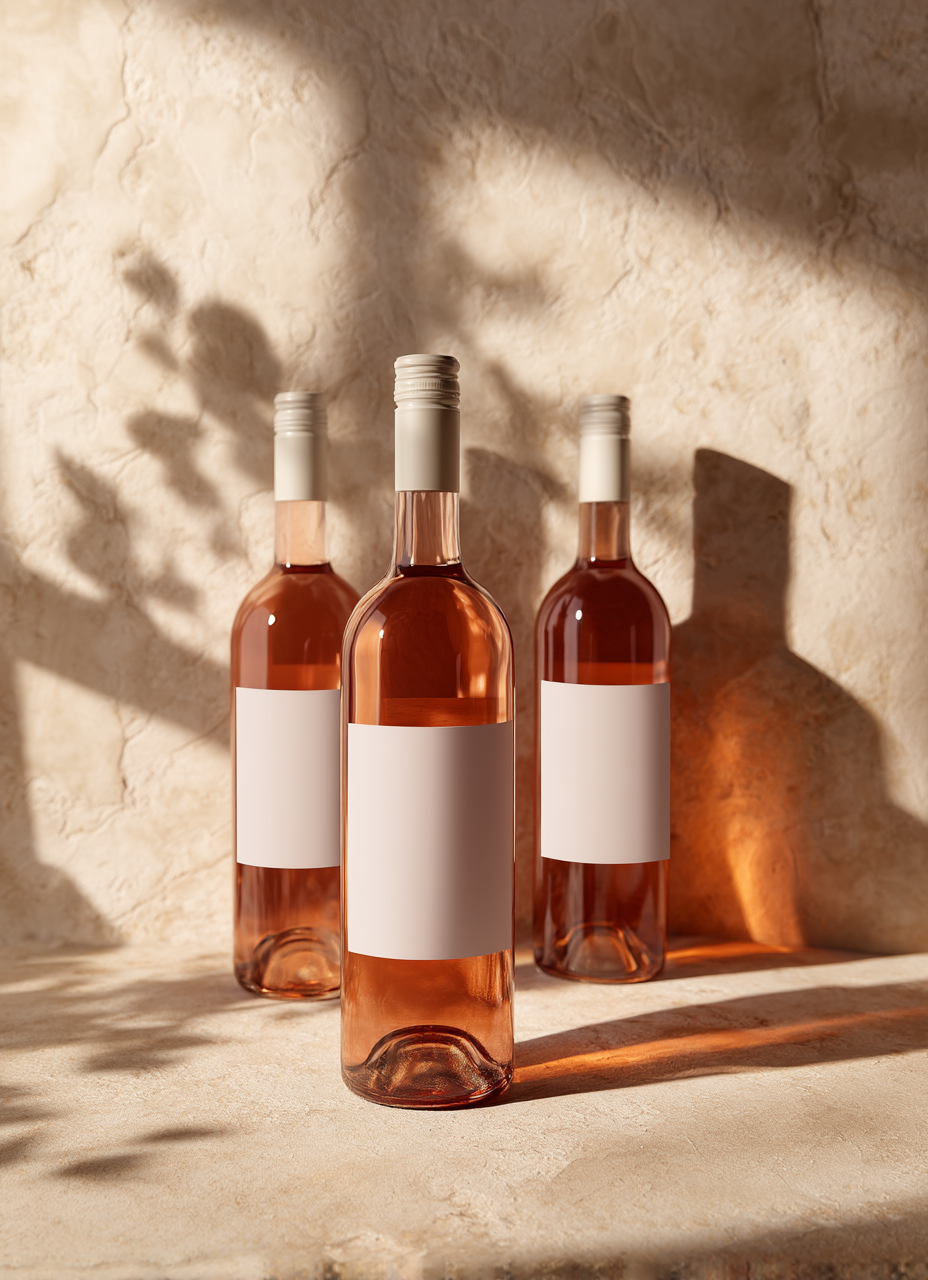
When searching for how to match wine with food, you should bear in mind that the preparation of the food matters just as much as the food itself. Sautéed foods can be very light or highly spiced, and heavily smoked or lightly poached foods can have a significant flavor. Therefore, you should choose wine based on cooking technique as much as the food itself.
My tips on how to match wine with food are not going to turn you into an expert but they will give you more confidence. And just think how much fun you can have testing all those yummy wines before you find the right one. Do you have a favorite wine to recommend?